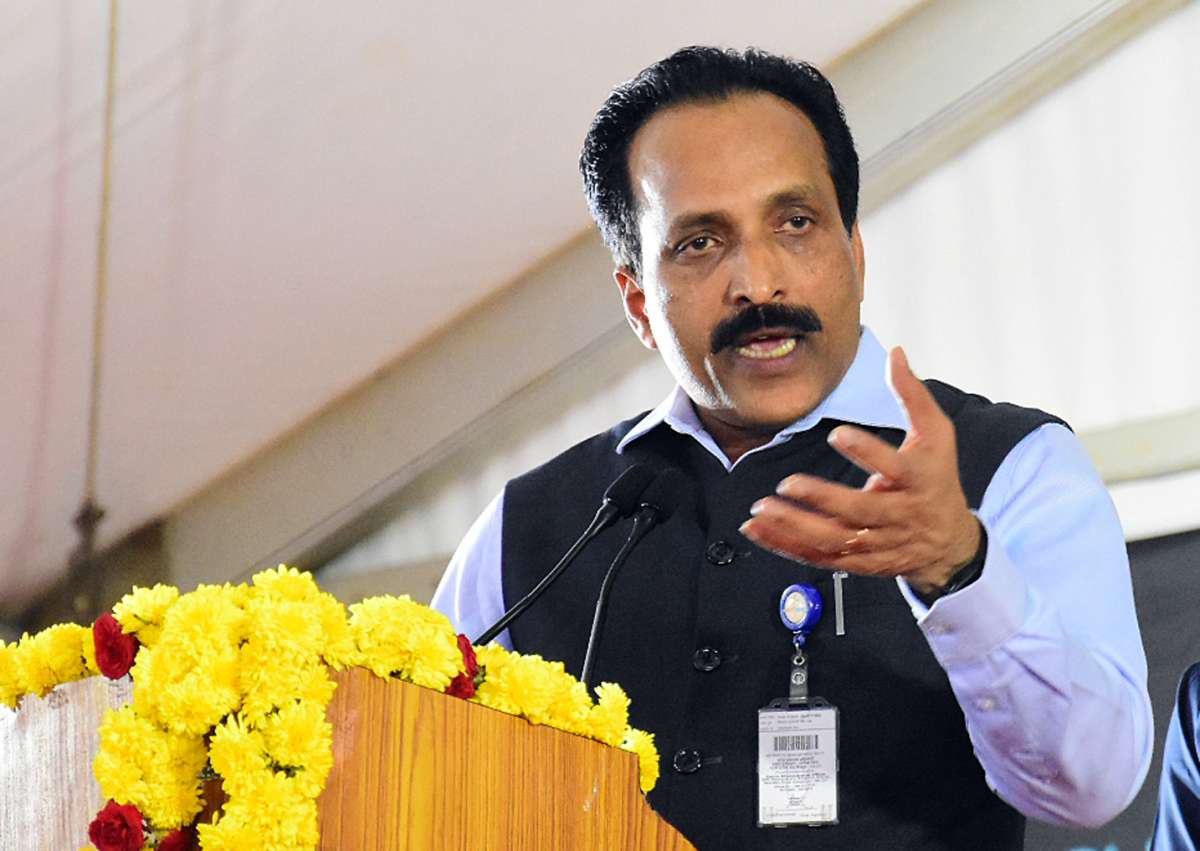The AI, developed by researchers at The University of Texas at Austin, was trained to detect statistical bumps in real-time seismic data that researchers had paired with previous earthquakes…reports Asian Lite News
Researchers have developed a novel artificial intelligence (AI) algorithm that correctly predicted 70 per cent of earthquakes a week before they happened during a seven-month trial in China, raising hopes that the technology could one day be used to limit earthquakes’ impact on lives and economies.
The AI, developed by researchers at The University of Texas at Austin, was trained to detect statistical bumps in real-time seismic data that researchers had paired with previous earthquakes.
The outcome was a weekly forecast in which the AI successfully predicted 14 earthquakes within about 200 miles of where it estimated they would happen and at almost exactly the calculated strength. It missed one earthquake and gave eight false warnings.
It’s not yet known if the same approach will work at other locations, but the effort is a milestone in research for AI-driven earthquake forecasting. “Predicting earthquakes is the holy grail,” said Sergey Fomel, Professor in UT’s Bureau of Economic Geology.
“We’re not yet close to making predictions for anywhere in the world, but what we achieved tells us that what we thought was an impossible problem is solvable in principle.” The findings from the trial are published in the journal Bulletin of the Seismological Society of America.
“You don’t see earthquakes coming,” said Alexandros Savvaidis, a senior research scientist who leads the bureau’s Texas Seismological Network Programme (TexNet) — the state’s seismic network. “It’s a matter of milliseconds, and the only thing you can control is how prepared you are. Even with 70 per cent, that’s a huge result and could help minimise economic and human losses and has the potential to dramatically improve earthquake preparedness worldwide.”
The researchers said that their method had succeeded by following a relatively simple machine learning approach. The AI was given a set of statistical features based on the team’s knowledge of earthquake physics, then told to train itself on a five-year database of seismic recordings.
Once trained, the AI gave its forecast by listening for signs of incoming earthquakes among the background rumblings in the Earth. The researchers are confident that in places with robust seismic tracking networks such as California, Italy, Japan, Greece, Turkey and Texas, the AI could improve its success rate and narrow its predictions to within a few tens of miles.














